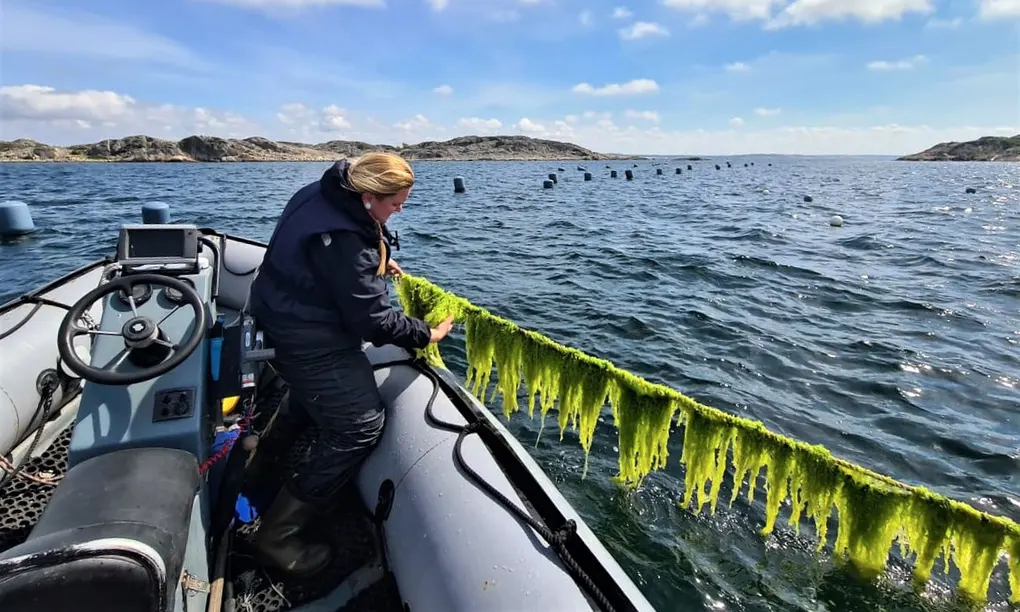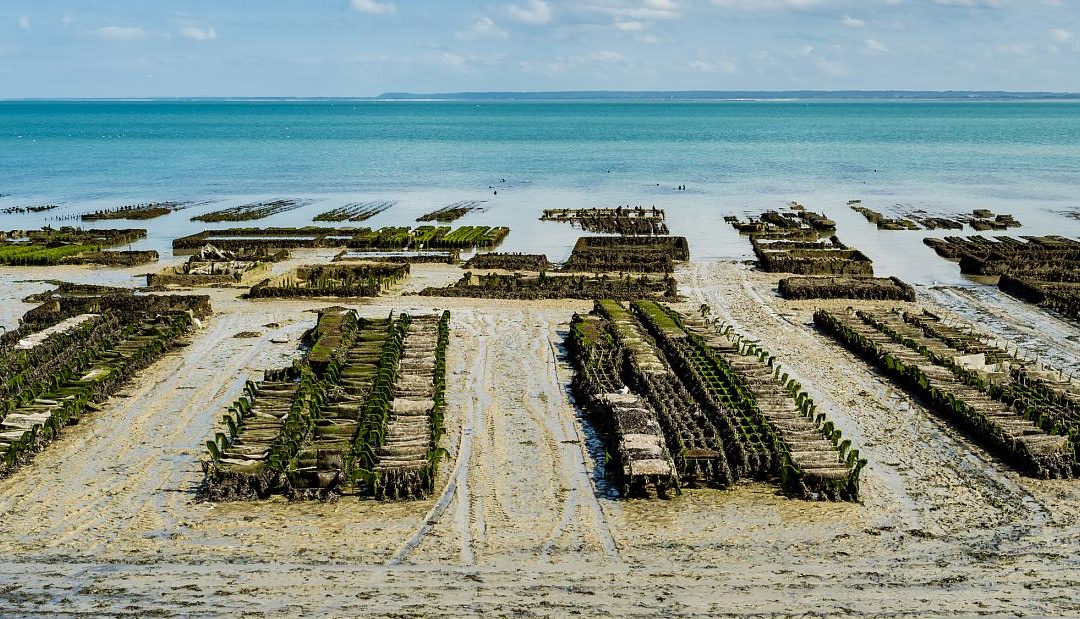
🍔 Food Tech

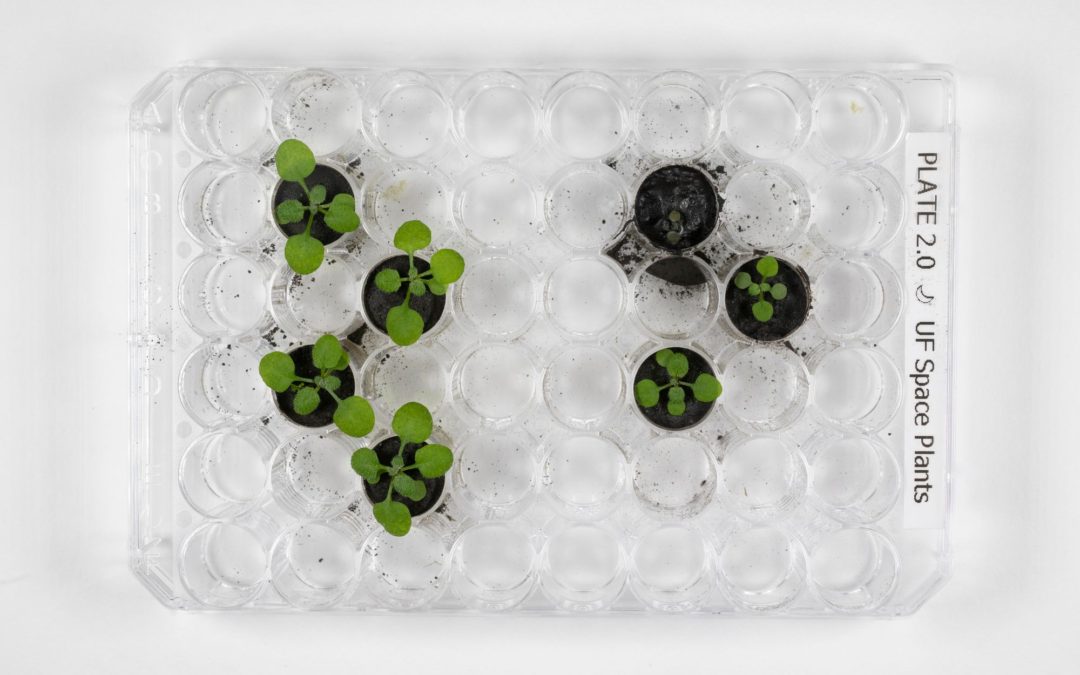
🌒 Researchers successfully grow crops in lunar soil
It's been half a century since humans last set foot on the moon. Yet the Apollo voyages continue to facilitate scientific research. To feed a lunar colony, it would be beneficial to grow food on-site instead of performing constant supply missions.In a paper...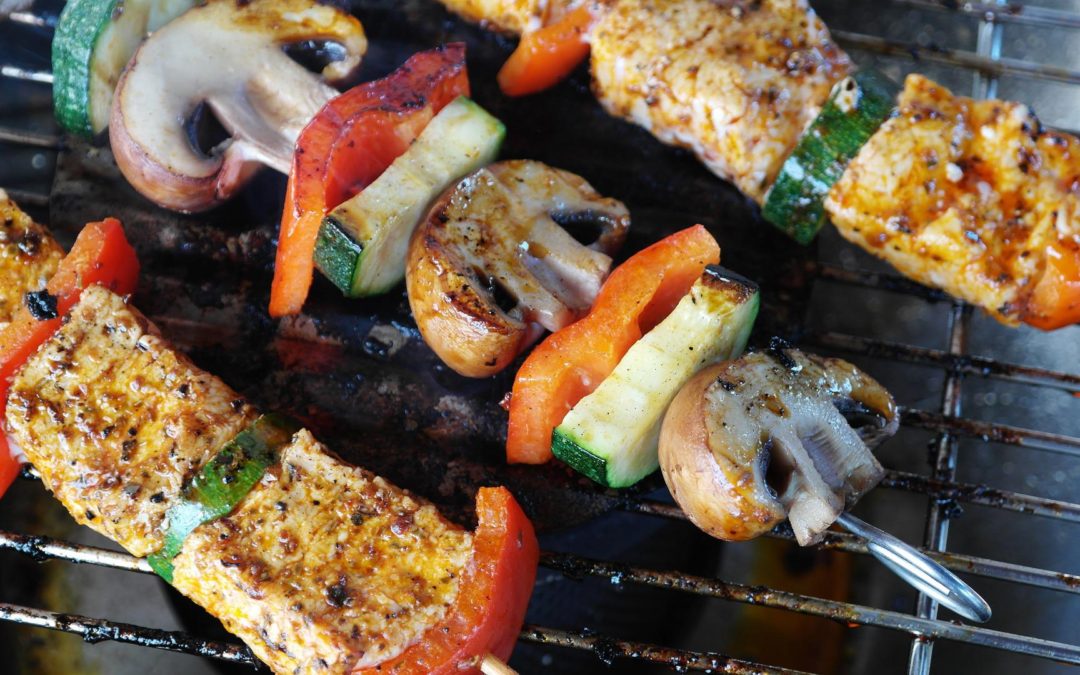
🥩 Mushroom protein could halve deforestation
Animal protein such as meat and dairy products account for a significant proportion of total greenhouse gas emissions. One reason for this is that we consume much more protein, in the form of feed, than we get from the animal. Researchers from the Swedish University...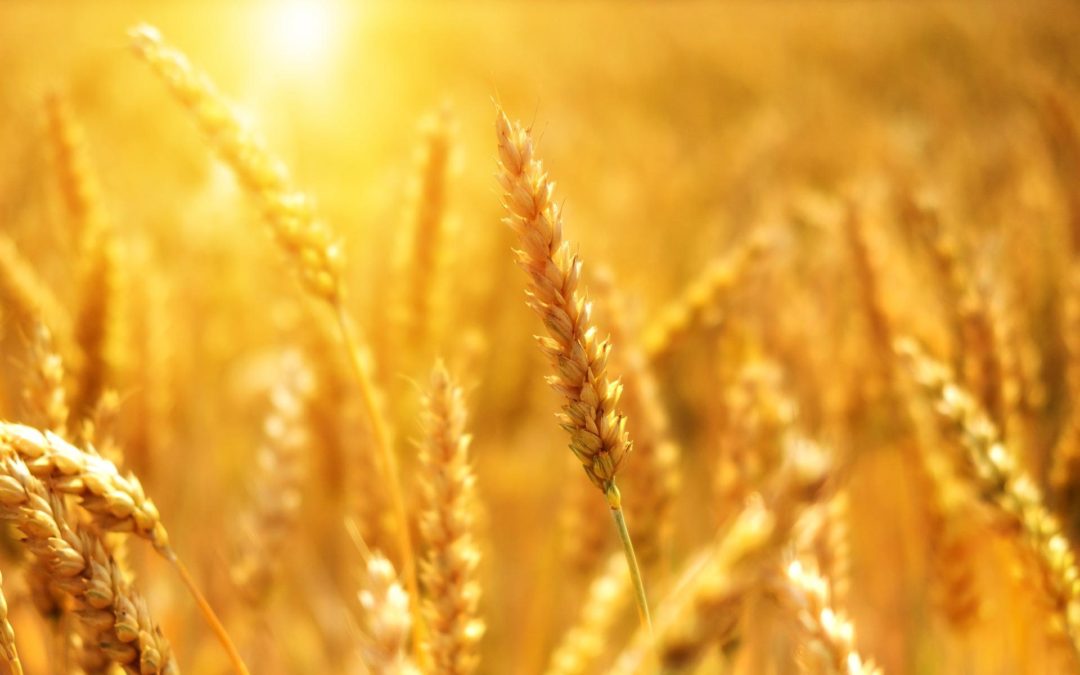
🌾 Super wheat can grow in salty soil
One effect of climate change is that arable land near the sea is increasingly flooded, which leads to an increase in the salinity of the soil. Around eight percent of the world's arable land can no longer be used for plant cultivation due to salt pollution.This...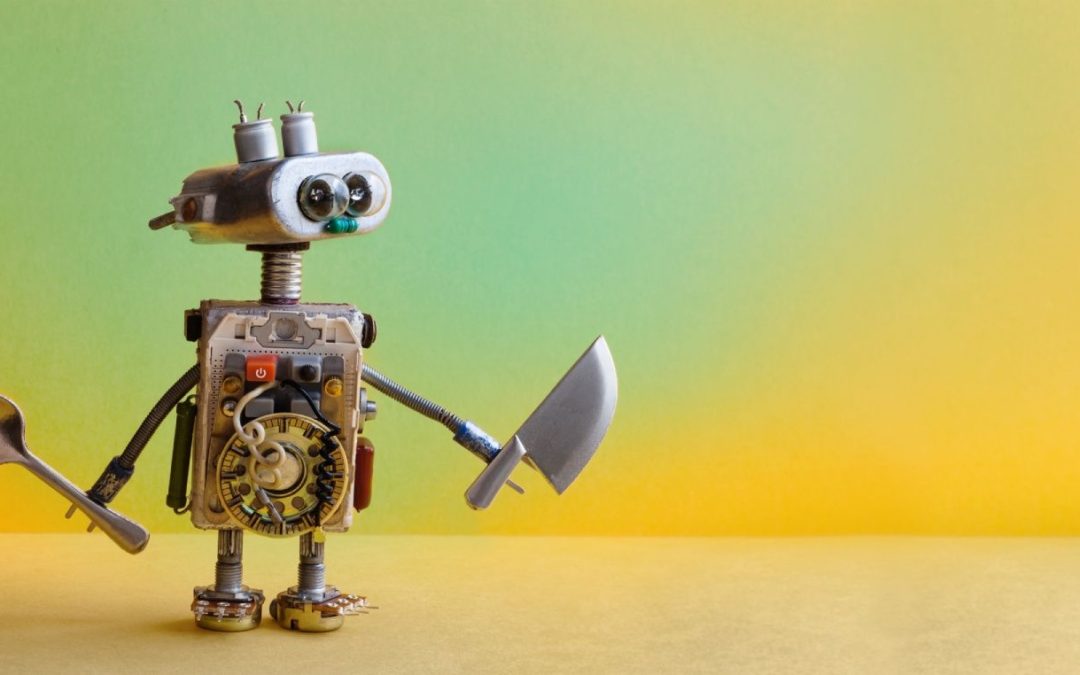
🤖 This robot chef can taste the food
Experienced chefs trust their taste buds more than recipes. They constantly taste the food and correct it until it tastes perfect. This is something that cooking robots have a hard time doing. But now, researchers at the University of Cambridge in the UK have built a...